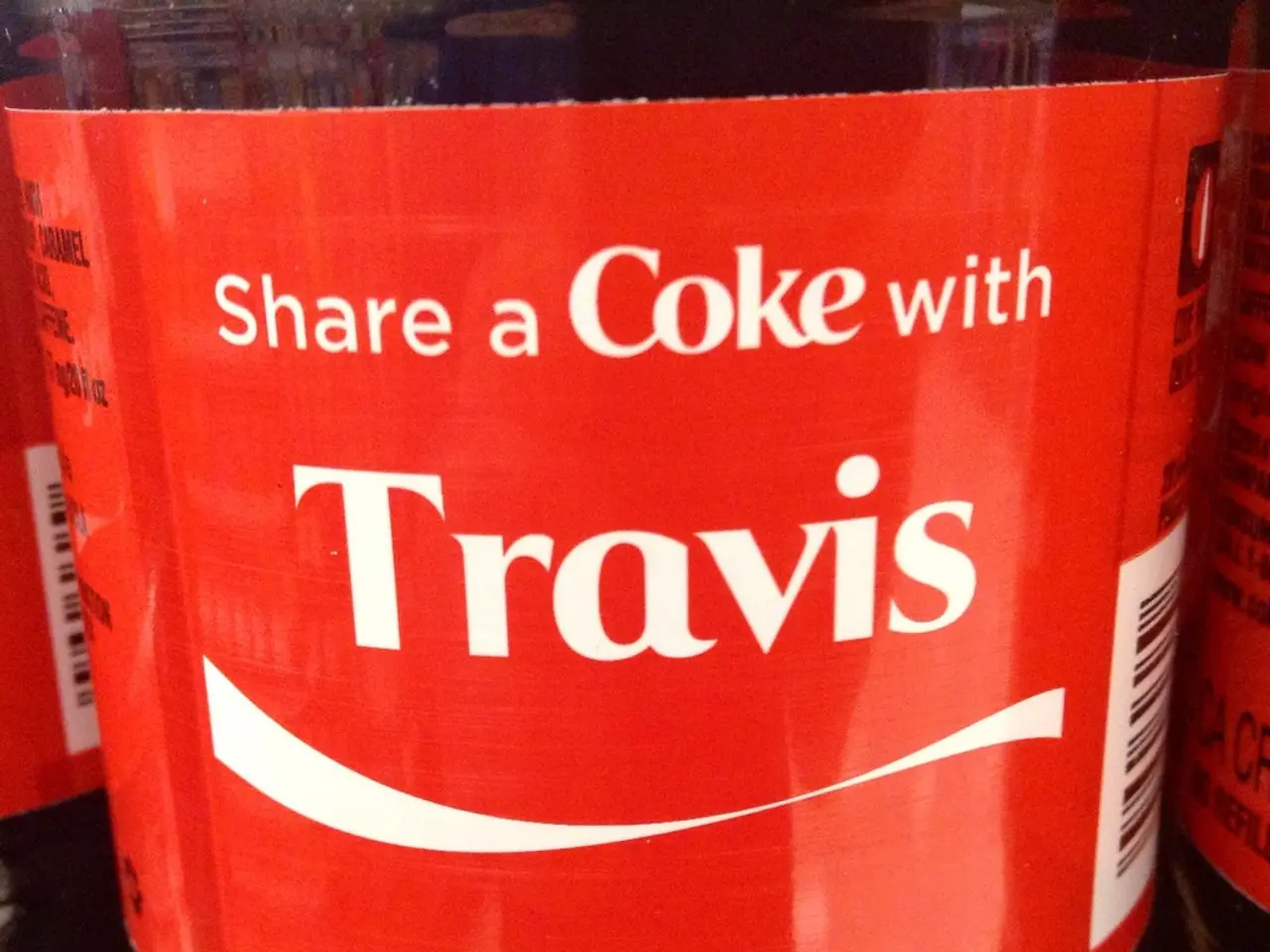Tributing Rap's Royalty: Honoring the Monarchs of Hip Hop's Glorious Past!
In the realm of music, few genres have had as profound an impact as hip hop. From the mid-1980s to the mid-1990s, a golden era emerged, marked by the rise of Hip Hop Royalty – trailblazing artists who not only revolutionised the genre's sound but also transcended it to become cultural icons.
Run-D.M.C., Big Daddy Kane, and Rakim were among the pioneers who advanced lyrical techniques, improving cadence and rhyme schemes, and paving the way for deeper storytelling and more complex wordplay. Their raw and introspective verses tackled social issues, urban hardships, and personal narratives authentically, setting a new standard for lyrical prowess and storytelling in hip hop.
One of the most influential and controversial figures to emerge during this era was Tupac Shakur, also known as 2Pac. His lyrics addressed racial inequality, social justice, and urban struggles, elevating hip hop’s role as a voice of social commentary. Tracks like "California Love" and "Dear Mama" remain iconic, and his impact extended beyond music into film, with appearances in culturally significant films such as *Juice* and *Poetic Justice*.
Dr. Dre, a seminal producer and artist, popularised the West Coast G-funk style, characterised by synthesizer-heavy beats, rolling basslines, and melodic hooks. His 1992 album *The Chronic* set new production standards and influenced countless artists. Beyond his music, Dr. Dre was instrumental in launching and mentoring the careers of artists like Snoop Dogg, Eminem, and 50 Cent, leaving an indelible mark on the industry and culture.
The Golden Era was marked by the evolution of storytelling in hip hop, moving from party-centric lyrics to more profound and socially aware themes, setting a template for future generations of rappers. This era also saw the rise of artists like Nas, Queen Latifah, and MC Lyte, who introduced a new lexicon and addressed social issues head-on while advocating for self-respect and empowerment through their songs.
The influence of Hip Hop Royalty transcended mere musical boundaries, molding societal norms and attitudes along the way. They illuminated topics like systemic racism, poverty, and inequality through their musical creations, sparking crucial dialogues and fueling movements for change. Their fearless embrace of individuality inspired fans to revel in their own uniqueness and promote inclusivity.
In art and literature, hip hop royalty's influence is celebrated through captivating paintings, intricate illustrations, and captivating sculptures, as well as compelling narratives and verses. Tributes to fallen hip hop icons manifest in various forms, such as poignant songs, vibrant graffiti murals, and commemorative events.
Moreover, many hip hop royalty have ventured into diverse business endeavours, showcasing their entrepreneurial prowess and multifaceted talents. Their charity events, fundraisers, and awareness campaigns focus on addressing education disparities, healthcare access issues, and advocating for criminal justice reform.
The legacy of Hip Hop Royalty continues to mystify and captivate audiences worldwide, defying the constraints of time and space. Their unrelenting scrutiny from fans, critics, and media outlets fosters an environment rife with lofty expectations and ruthless criticism. However, their ability to convey raw emotions through clever wordplay and their fearless approach to tackling social and political issues has ensured their enduring impact on popular culture.
In conclusion, the most influential artists during Hip Hop's Golden Era, including Run-D.M.C., Big Daddy Kane, Rakim, Tupac Shakur, Dr. Dre, Nas, Queen Latifah, MC Lyte, Wu-Tang Clan, A Tribe Called Quest, and N.W.A., established hip hop not just as a musical style but as a powerful cultural movement that addressed social realities, celebrated identity, and revolutionised global popular culture. The evolution of Hip Hop music has taken a mesmerising journey through time, with the influence of Hip Hop royalty playing a pivotal role in shaping its intricate sound.
- The evolution of Hip Hop music history included the rise of Pop, Jazz, and Funk alongside continued development in the genre, setting trends for future generations of music.
- In the midst of the Golden Era, artists like Nas and Queen Latifah championed self-empowerment and social change through their lyrics in genres spanning beyond hip hop.
- The cultural impact of Hip Hop Royalty extended beyond music, with art and literature celebrating their influence through captivating representations and emotive narratives.
- From addressing education disparities and criminal justice reform to launching and mentoring other artists, the entrepreneurial endeavors of Hip Hop Royalty underscored their multifaceted talents and contributions to society.





